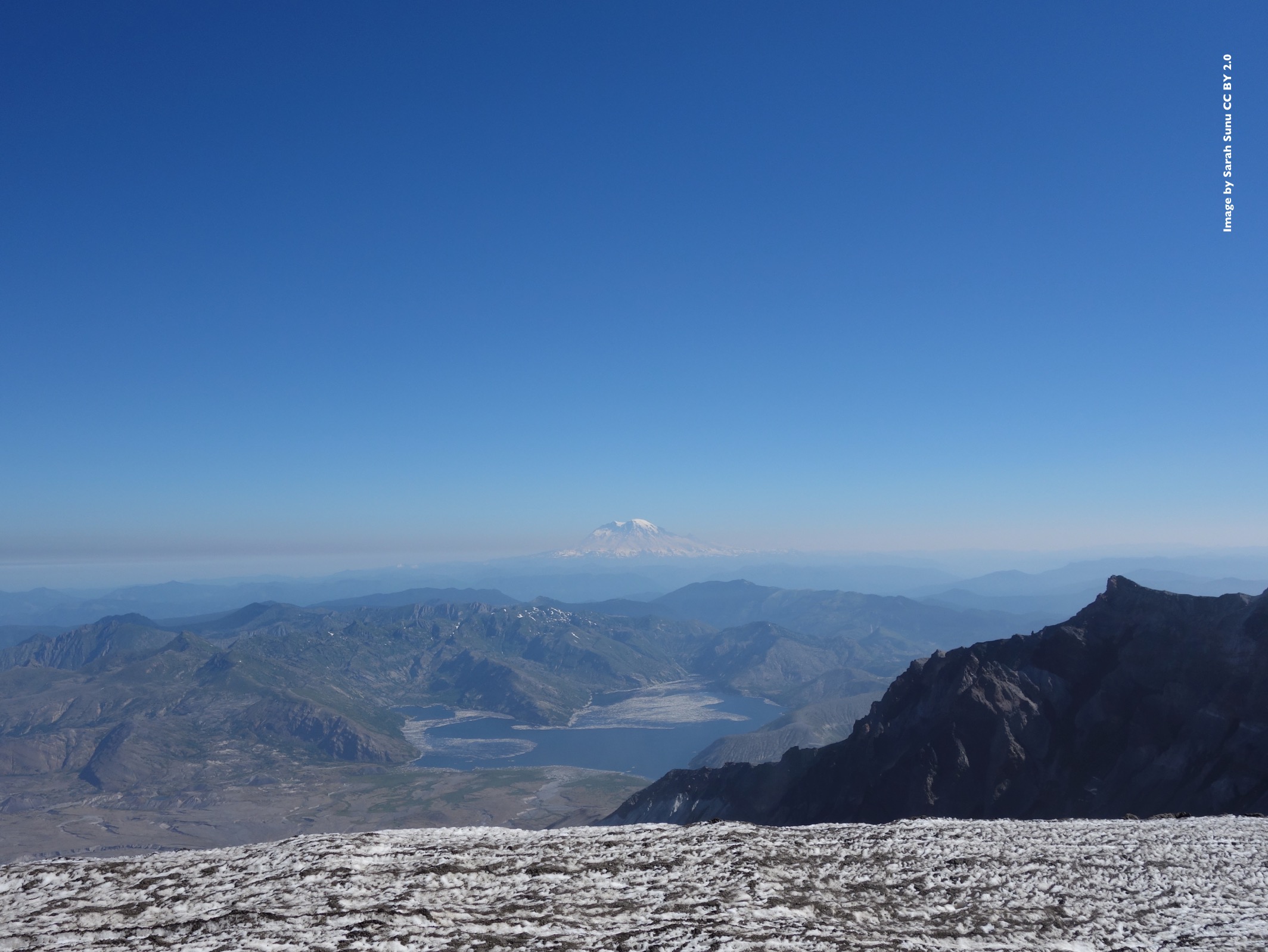Conferences can be daunting as a new scientist in the field, especially for underrepresented people. As a recent grad who is starting out on a research path, attending conferences is an important aspect of building the foundations of my career. In-person conferences were hard enough to navigate, with their labyrinthine halls and countless sessions at the crack of dawn. All while experiencing the utter exhaustion that can only be felt after hearing 20 different people talk about fish. Despite these aspects, they were worthwhile and it was fun traveling to more exotic places for the sake of professional development.
Virtual conferences are also difficult – and also valuable. While zoom fatigue exists and there is a disheartening lack of free swag (which is like, 30% of the reason I’m there), they are more accessible to those who typically cannot attend. There are also opportunities to show up in ways that you might not be able to at a traditional conference. Whether you are preparing for your first virtual conference or have already sat through a few, here are some ways to make the most of it as an early career scientist.
Are Virtual Conferences worth it?
The short answer is yes. Skipping a year or two might not mean much to a senior scientist who’s been to many conferences. But if you’re an early-career scientist who is trying to scope out potential grad school mentors, get some fresh eyes on your new research, or start building an audience for your blog, you can still get a lot out of virtual conferences. Practicing speaking about your work to other folks in your field is always worthwhile, in a virtual format or otherwise.
Another perk of online conferences is that they are typically cheaper (and sometimes free!) to attend— make use of them as a platform to further your career goals.
If You’re Presenting
Share that picture with the dim lighting that your mentor took of you in front of your poster or presentation. If you have a virtual presentation, it is even easier to take a cute screenshot of yourself presenting. Post that thang everywhere: LinkedIn, Facebook, Twitter, even send it to your mom so she can brag on your behalf. Update your CV or resume. Be proud of yourself! Presenting at a conference, virtual or not, is an accomplishment that not everyone gets to experience early in their careers.
If You’re Attending
Conferences can be insular and elitist spaces that not everyone has the access or money to attend. Share, share, share, and pay it forward. Conferences typically have an official hashtag that you can use in your posts. Comment on cool presentations* (include the author’s name and title), innovative breakout rooms, and all the little moments of spontaneity. Some of my tweets with the highest engagement were tagged at a conference! It’s also great to check out the conference hashtag when it’s over, add new folks to your network, and keep conversations going.
*Be aware: some presenters will have a little “no tweeting sign” on their presentation. Respect it!
Either Way: Network (with a plan)
Make a game plan of sessions to hit up and senior scientists to reach out to. Reach out to folks ahead of time and ask them to check out your presentation, or to come aside for a (virtual) coffee chat. Check out their own research before you talk to them. And don’t forget to follow up afterward!
An underemphasized part of conferences, but the part that I found most rewarding, was meeting other folks at my career level. There are some really awesome young scientists, journalists, and all-around cool people out there. Don’t just huddle with your conference clique. Be open to new people. Check out their posters, follow them on Twitter, and make those connections. These are your peers who represent the future of the field.
In my experience, the best places to meet other early career folks in a semi-structured way are in the affinity breakout sessions. It is even more important that you attend these at virtual conferences— there are fewer opportunities for spontaneous meetups. Be sure to check Twitter for any sessions that are not advertised on the main program.
Don’t wait for in-person conferences to resume in order to start on your career. Virtual conferences are unique opportunities and they just might surprise you.
Nyazia is an aspiring marine biologist and has spent the past few years working on various crab locomotion projects. Currently, she is working at Oceana as a Science & Strategy fellow. In her spare time, she enjoys playing with cats and sewing.



